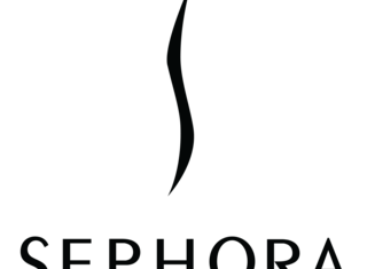Magazine: SMART conference 2016: an abundance of innovations
Budapest was the host of the international SMART conference, where new technology startups and technological solutions had the chance to introduce themselves. Endless and the Hungarian Association of IT Companies (IVSZ) were the organisers and Magyar Telekom sponsored the event, where more than 100 speakers from Hungary and abroad shared their knowledge and information with participants. The first speaker was Magyar Telekom CEO Christopher Mattheisen, who told that they were sponsoring the event for the third time. He added that all the technologies presented at the conference represent great value, but the real challenge is to make these technologies – which are often distant from one another in terms of utilisation area – work together to create something revolutionary.
The keynote speaker was Prezi founder Ádám Somlai-Fischer. He underlined that we shouldn’t worry about making mistakes because sometimes things that go wrong push us forward – if we learn from them. Prezi’s founder-managing director talked about the mistakes they had made and the lessons they had learned. Tedx speaker Patrick D. Cowden gave an inspiring presentation: he talked about what happens when the disruptive force of startups meets a traditional company. Startups don’t have 10 years to get to know the market, they only have 12 months. In his view it is trust that influences the working of startups the most, this is the reason why they can make decisions so fast and why they are characterised by a family atmosphere.
There was a startup innovation competition too on the conference’s programme. Innovation Expo was the closing event of Deutsche Telekom’s Telekom Innovation Contest, the objective of which is to support new talents and technologies that can later join Deutsche Telekom’s business services and affiliates. Selected startups had three minutes to present their products and convince the audience that it was worth investing in. Two Hungarian startups, Slamby and Personal Video, were also competing. Personal Video’s Zsolt Berta talked about their personalised and interactive video messages that can be used for marketing purposes. Slamby’s Péter Mezei showcased their categorisation engine which is capable of reading and understanding a text like a human being, placing it in a given category afterwards – e-commerce can be the main area of use.
Other selected startup companies also brought interesting solutions. Munich-seated Kinexon developed a sensor that can locate any object with 10cm precision. The 16g sensor also detects movement and acceleration. Mounted on a shopping trolley it can be used to track shoppers’ route in-store and it can also replace RFID in a warehouse environment. Cassantec brought a prognostic report service, which can be used in fields where 24-hour daily operation is a standard feature. Cassantec is able to signal in advance if maintenance service becomes necessary or when an important element of the infrastructure is likely to go wrong. They say their solution can predict 99 percent of malfunctions.






